SDGs are not only extremely important for the way we live our lives: SDGs are essential for our physical integrity! Don’t believe me? Well, bear with me for a little longer… in this article, we’ll discover SDGs 1, 2, 6, 3 and 16, and will see why they’re so fundamental for our existence.
SDG 1 No Poverty
SDG 2 Zero Hunger
SDG 3 Good Health and Well-Being
SDG 6 Clean Water and Sanitation
SDG 16 Peace, Justice and Strong Institutions
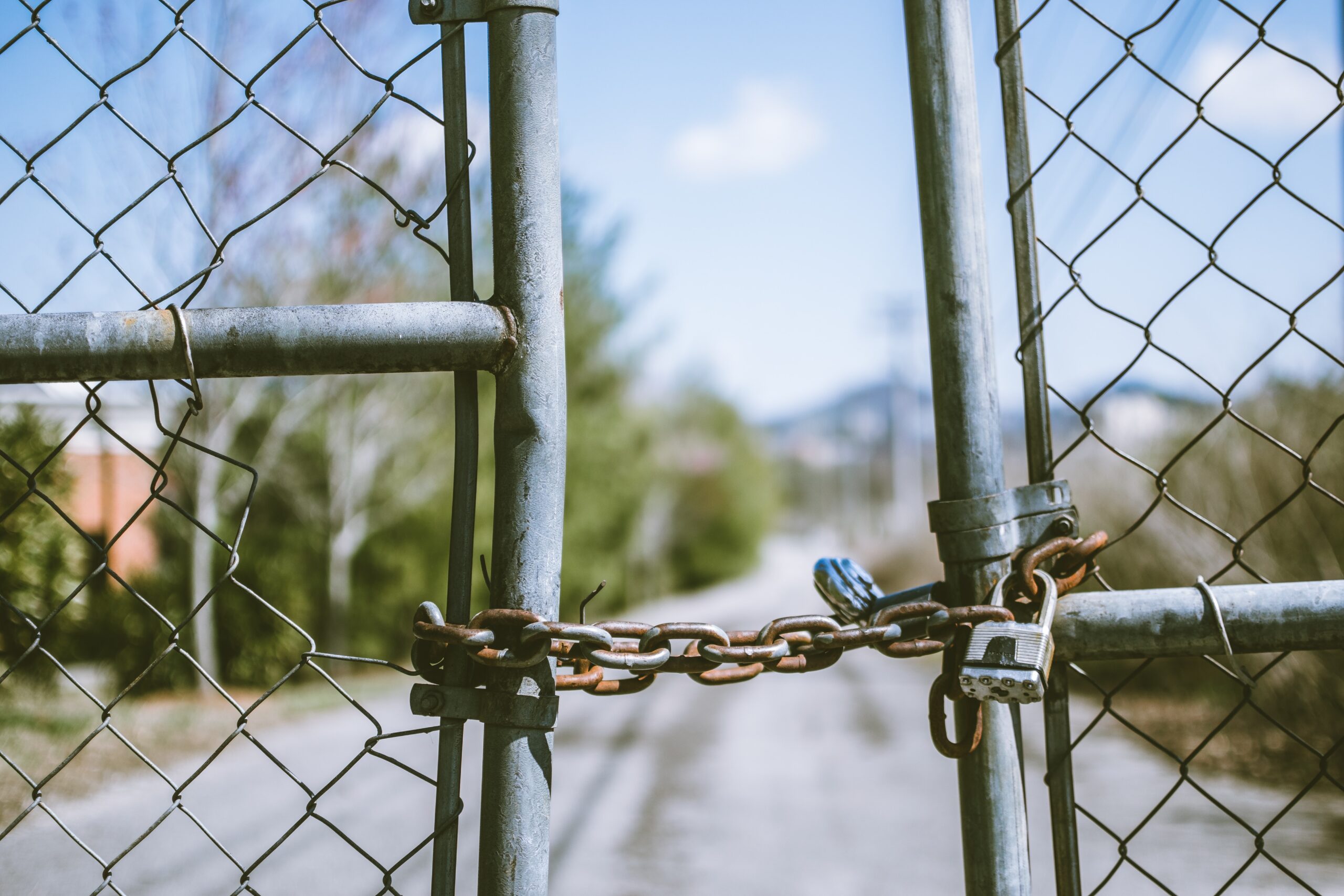
As a matter of fact, SDGs 2 (Zero Hunger), 6 (Clean Water) and 3 (Good Health and Well-Being) are inextricably related to our most pressing physiological needs such as air, water, food, shelter, sleep or clothing, among others. But the question is: how can we live in a society where there is zero hunger, clean water is available for all and good health and well-being are the norm? Those objectives can’t be achieved on their own – they require several pre-conditions among which peace and no poverty are vital – SDG16 and SDG1 respectively.
Yet…what do we mean when we refer to “peace” and “no poverty”? Why are these pre-conditions for the other SDGs?
There is no universal definition of “peace”. Whilst it is commonly defined as “the absence of war”, real peace goes far beyond the cessation of fighting and hostility: it concerns the physical integrity of the population. Whichever definition we choose, what is certain is that war and conflict pose serious obstacles to people’s good health and well-being as well as to their access to clean water and sanitation.
More often than not, war results in the forced displacement of people and the destruction of critical infrastructure such as aqueducts or water sources. This poses a serious threat to the access to clean water for entire populations. Only last year, 15.5 million Syrians were reported to lack adequate access to clean water, according to the NGO Action Against Hunger. On top of this, warring parties might also weaponize water resources against their opponents. For example, the Sarsang reservoir has been at the centre of dispute between Armenians and Azeris as a result of the Nagorno-Karabakh conflict. The dam has changed hands throughout the years as the conflict raged. Both sides have claimed that their opponent has weaponized the reservoir through water pollution or by simply depriving the locals of access to those water resources. With the advent of the climate crisis, water-related conflict is only expected to increase in many parts of the world where water is scarce.
On the other hand, war does not really end when the swords fall silent. Aside from potential clashes between warring groups after a conflict ends, the effects of violence are long-lasting on people’s mental health. Perhaps the most widely known psychological consequence of war is “post-traumatic stress disorder” also known as PTSD. This encompasses several symptoms such as anxiety, nightmares, insomnia or anger. It has been reported that over 75% of Syrian refugees still suffer serious mental health symptoms 10 years after the war started.
Just as much as war wrecks people’s lives, poverty is also essentially detrimental to our physiological needs. If poverty is, by definition, the lack of resources to meet our most basic needs, then food is one of the most acute needs for humans. Worryingly, estimates show that a staggering 8.9% of the world population currently suffers from hunger.
In this context, it should not come as a surprise that the link between poverty and war is not only straightforward and self-explanatory: it is also bidirectional. As Kofi Annan (former UN Secretary-General) would put it, “there is no security without development, no development without security.” In other words, without peace, we cannot eradicate poverty and if we do not eradicate poverty, we will not be able to achieve long lasting peace in the world.
For all the reasons above stated, working towards achieving SDG1 (No Poverty) and SDG16 (Peace) is of great importance if we want to build a new tomorrow where there is zero hunger, clean water is available for all, and good health and well-being are the norm!

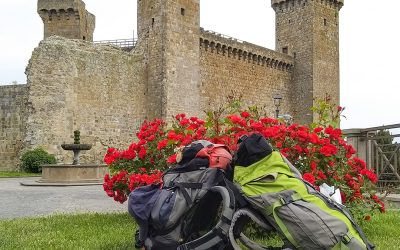
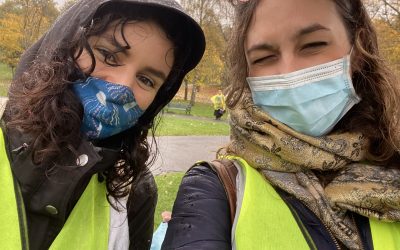

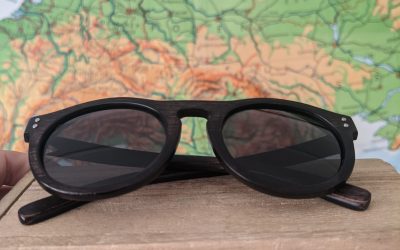



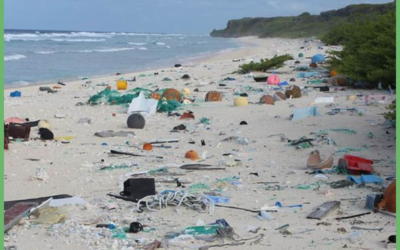
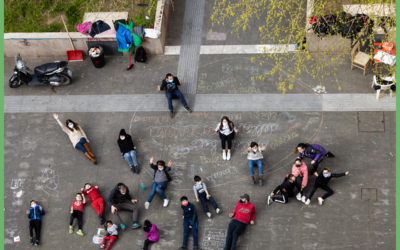


0 commentaires